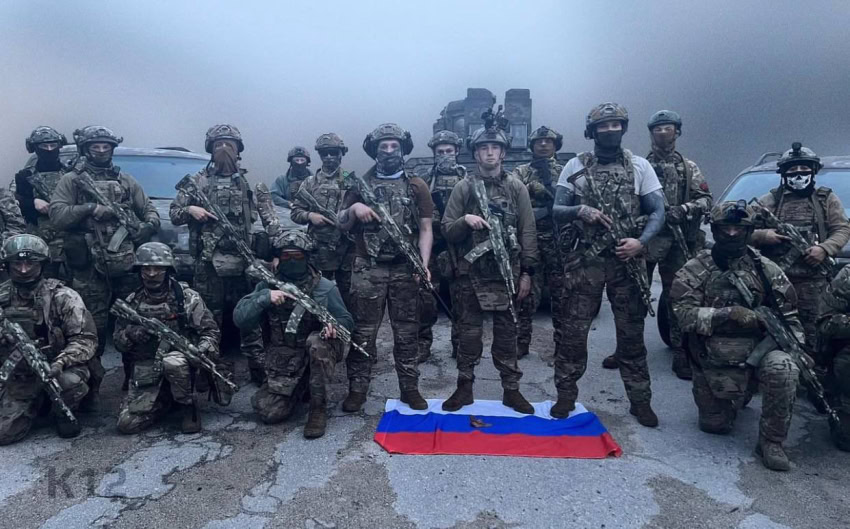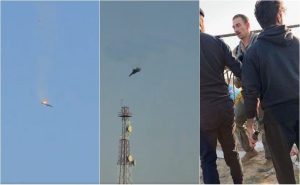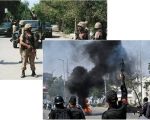WASHINGTON – US national security adviser Jake Sullivan said on Friday the Biden administration will provide thousands of cluster munitions to Ukraine.
He vowed the US will not leave Ukraine defenceless and said that Kyiv has promised to use the controversial munitions carefully.
Sullivan’s announcement comes on the eve of the NATO summit in Lithuania, where President Joe Biden is likely to face questions from allies on why the US would send a weapon into Ukraine that more than two-thirds of alliance members have banned because it has a track record for causing many civilian casualties.
The munitions, which are bombs that open in the air and release scores of smaller bomblets, are seen by the US as a way to get Kyiv critically needed ammunition to help bolster its offensive and push through Russian front lines. US leaders debated the thorny issue for months, before Biden made the final decision this week.
Sullivan defended the decision, saying the US will send a version of the munition that has a reduced “dud rate,” meaning fewer of the smaller bomblets fail to explode. The unexploded rounds, which often litter battlefields and populated civilian areas, cause unintended deaths.
He told a White House briefing, “We recognize the cluster munitions create a risk of civilian harm from unexploded ordnance.”
He added, “This is why we’ve deferred the decision for as long as we could. But there is also a massive risk of civilian harm if Russian troops and tanks roll over Ukrainian positions and take more Ukrainian territory and subjugate more Ukrainian civilians, because Ukraine does not have enough artillery. That is intolerable to us.”
The International Committee of the Red Cross says some cluster munitions leave behind bomblets that have a high rate of failure to explode, up to 40 percent in some cases. The rate of unexploded ordnance for the munitions that will be going to Ukraine is under 3 percent and therefore will mean fewer unexploded bombs left behind to potentially harm civilians.
A convention banning the use of cluster bombs has been joined by more than 120 countries that agreed not to use, produce, transfer or stockpile the weapons and to clear them after they’ve been used. The United States, Russia and Ukraine are among those who have not signed on.














